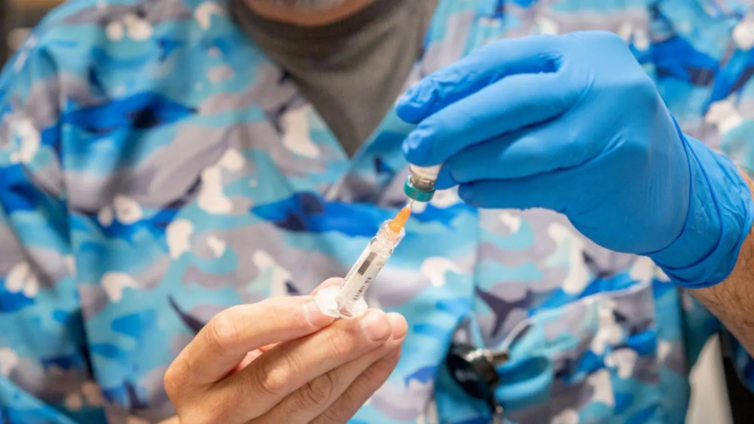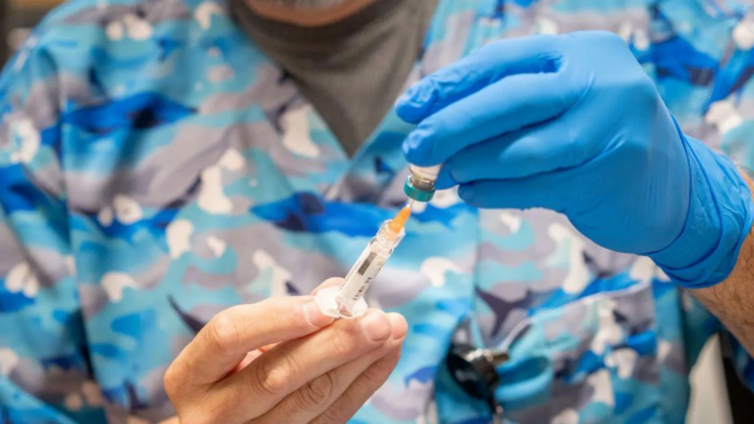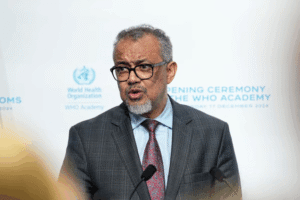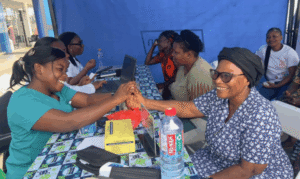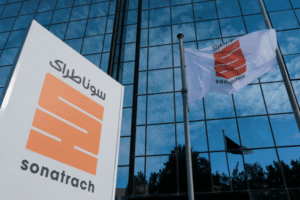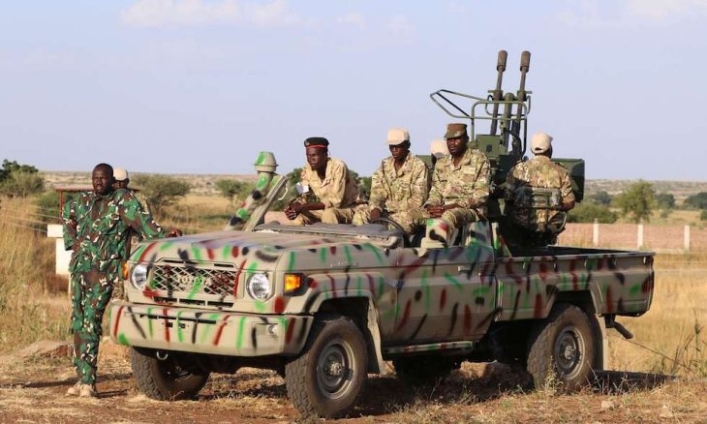The Ghana Health Service (GHS), in collaboration with the United Nations Children’s Fund (UNICEF), is set to roll out the nationwide administration of the Human Papillomavirus (HPV) vaccine in September 2025.
The vaccine will be provided free of charge to girls aged 9 to 14 years across the country, as part of a strategic national effort to reduce the burden of cervical and other HPV-related cancers.
Speaking at a press briefing held at the Korle Bu Teaching Hospital on 20 June 2025, Director-General of the GHS, Professor Samuel Kaba Akoriyea, described the vaccine as a game-changer in cancer prevention.
“It is estimated that the HPV vaccine may prevent 70% of cervical cancers, 80% of anal cancers, 60% of vaginal cancers and is more than 90% effective in preventing HPV-positive oropharyngeal cancers,” he stated.
He recalled the vaccine’s pilot introduction in 2013 in selected regions—Greater Accra, Central, and Northern—and expressed confidence in the service’s readiness for nationwide implementation.
“Twelve years after the initial rollout, we are ready to expand it to every region to protect our future mothers,” Prof Akoriyea said. “By vaccinating girls aged 9 to 14, we are giving them a head start towards a healthier, cancer-free adulthood.”
He assured the public that the HPV vaccines are “safe and well tolerated.”
Deputy Programme Manager of the Expanded Programme on Immunisation (EPI), Dr Naziru Tanko Mohammed, reinforced the assurances with data and a clear plan of action.
He noted that the goal is to vaccinate an estimated 2,463,889 girls nationwide, adding that the vaccine has been “extensively tested,” is “safe,” and requires only “one dose for full protection.”
Dr Mohammed stated that all logistical arrangements have been finalised to support the campaign.
“Currently, the vaccines are being stored in the national cold room. From there, they will be moved to the regional cold rooms in preparation for the vaccination exercise,” he explained.
Parents and guardians were encouraged to take advantage of the programme when it begins, with assurances that school authorities would be duly informed and supported to facilitate smooth implementation.
HPV has been identified as the primary cause of cervical cancer, which is the second leading cause of cancer deaths among women in Ghana.
The Ghana Health Service reiterated its commitment to raising public awareness and urged community support to ensure the success of the campaign and the long-term health of Ghanaian girls.
Source: Anne Dasse
